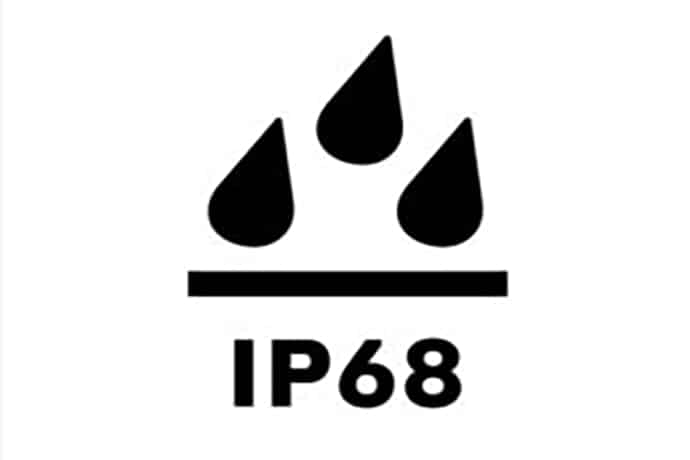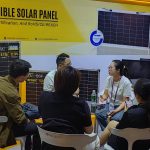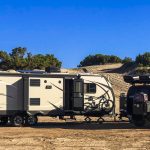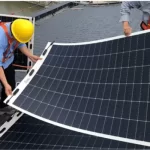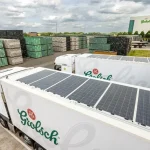In today’s rapidly advancing technological landscape, we often come across terms and acronyms that may be unfamiliar to us. One such term is “IP rating.” You might have encountered this term while purchasing electronic devices, appliances, or even solar panels. But what exactly is an IP rating, and why is it important? Let’s delve into the world of IP ratings to gain a comprehensive understanding of their significance and applications.
An IP rating, which stands for Ingress Protection rating, is a standardized classification system used to indicate the degree of protection provided by an enclosure against the intrusion of solid objects, dust, liquids, and other foreign substances. It serves as a reliable measure of an electronic or mechanical device’s resistance to environmental factors that could potentially affect its performance, durability, and safety.
Components of an IP Rating
An IP rating consists of two digits, each conveying specific information about the protection level of the device. The first digit indicates the degree of protection against solid objects, while the second digit indicates the degree of protection against liquids.
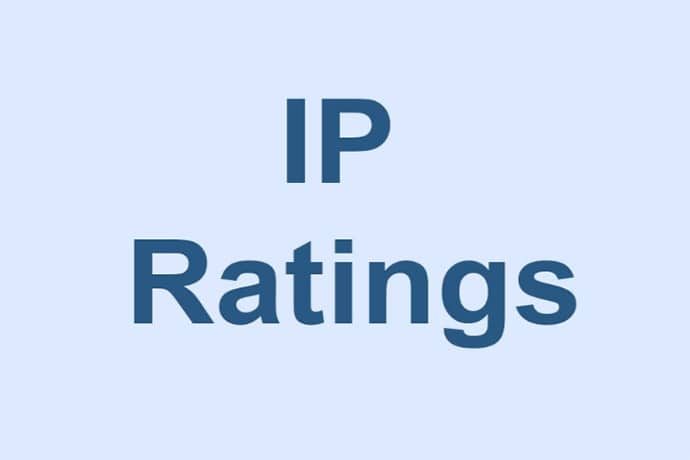
Protection against Solid Objects (First Digit):
IP0X: No protection against solid objects.
IP1X: Protection against objects larger than 50mm in diameter.
IP2X: Protection against objects larger than 12.5mm in diameter.
IP3X: Protection against objects larger than 2.5mm in diameter.
IP4X: Protection against objects larger than 1mm in diameter.
IP5X: Limited protection against dust ingress.
IP6X: Complete protection against dust ingress.
Protection against Liquids (Second Digit):
IPX0: No protection against liquids.
IPX1: Protection against vertically falling drops of water.
IPX2: Protection against vertically falling drops of water when the enclosure is tilted up to 15 degrees.
IPX3: Protection against spraying water at an angle up to 60 degrees from the vertical.
IPX4: Protection against splashing water from any direction.
IPX5: Protection against water jets from any direction.
IPX6: Protection against powerful water jets or heavy seas.
IPX7: Protection against the effects of temporary immersion in water up to 1 meter for 30 minutes.
IPX8: Protection against continuous immersion in water under conditions specified by the manufacturer. Understanding the Difference Between IP Ratings
The higher the IP rating, the greater the level of protection provided. For example, a device with an IP68 rating offers superior protection against dust and water immersion compared to a device with an IP44 rating. It is important to note that IP ratings are not cumulative. For instance, a device with an IP4X rating does not automatically imply that it provides IPX4-level protection against water. Therefore, it is essential to understand the specific IP rating requirements for your particular use case.
Applications of IP Ratings
IP ratings have a wide range of applications across various industries and sectors. Here are some examples of how IP ratings are utilized:
Consumer Electronics: IP ratings are commonly found in smartphones, smartwatches, tablets, and other portable electronic devices. They ensure that these devices are protected against dust, accidental spills, and immersion in water, enhancing their durability and reliability.
Industrial Environments: Machinery, control panels, and electrical equipment used in industrial settings often require high IP ratings to withstand harsh conditions such as dust, humidity, and exposure to liquids.
Outdoor Lighting and Signage: Outdoor lighting fixtures and signage boards are exposed to changing weather conditions. A higher IP rating ensures their ability to withstand rain, snow, and dust, enabling them to continue functioning reliably in outdoor environments.
Healthcare and Laboratories: Medical equipment and laboratory instruments often require specific IP ratings to ensure their protection against contaminants and liquids. This is crucial for maintaining a sterile and safe environment.
Automotive Industry: IP ratings are relevant in the automotive sector for components such as headlights, navigation systems, and control panels. These ratings ensure the resistance of these devices to water, dust, and vibration, contributing to their longevity and optimal performance.
The popular Ip67 vs Ip68
The IP67 waterproof rating and the IP68 rating are international standards for protection ratings that measure the degree of protection of electronic equipment against dust and water. They are designated by the International Electrotechnical Commission (IEC) and each has a specific meaning:
IP67 Waterproof:
The first digit “6” indicates the level of protection of the device with respect to solid objects, i.e. the dust rating. The number “6” indicates that the equipment is fully protected against all solid objects, preventing the ingress of dust and other particles.
The second digit “7” indicates the equipment’s protection rating with respect to liquids. The number “7” indicates that the device can be immersed in water up to a depth of 1 meter for a short period of time (usually 30 minutes) without harmful effects under specific test conditions.
IP68 Waterproof:
The first digit “6” still indicates full protection against solid objects, the same as IP67.
The second digit “8” indicates a higher level of protection of the device with respect to liquids. The number “8” indicates that the device can be immersed for extended periods of time at a depth and for a range of time specified by the manufacturer, usually more than 1 meter deep.
The IP Rating of Sungold Solar Panels
As a renowned provider of solar energy solutions, Sungold prioritizes quality and reliability in its products. Sungold solar panels boast an impressive IP rating, ensuring their durability and performance in various environmental conditions.
The IP rating of Sungold solar panels is IP68. This means that the panels are completely protected against the ingress of dust and are capable of withstanding temporary immersion in water up to a depth of 1 meter for 30 minutes. With this high IP rating, Sungold solar panels are designed to endure challenging weather conditions, making them an ideal choice for both residential and commercial solar installations.
Frequently Asked Questions about IP Ratings
Are IP ratings standardized worldwide?
Yes, IP ratings are standardized according to the International Electrotechnical Commission (IEC) 60529 standard. This ensures consistency and uniformity in understanding and interpreting IP ratings globally.
Can IP ratings be upgraded or modified?
No, IP ratings cannot be upgraded or modified once assigned. They are determined during the design and manufacturing stages of a product and cannot be altered afterward.
Are higher IP ratings always better?
Higher IP ratings indicate greater protection against external elements. However, the required IP rating depends on the specific application and environmental conditions. It is essential to consider the intended use and choose the appropriate IP rating accordingly.
Can a device with a lower IP rating be used in a higher-rated environment?
Using a device with a lower IP rating in a higher-rated environment may compromise its performance and expose it to potential damage. It is advisable to match the IP rating of the device with the environmental requirements to ensure optimal protection.
Can IP ratings guarantee absolute protection?
While IP ratings provide a reliable measure of protection, it is important to note that they do not guarantee absolute protection. Factors such as wear and tear, improper installation, or prolonged exposure to extreme conditions may impact the device’s performance over time.
Understanding IP ratings is crucial when selecting electronic devices, appliances, or solar panels, as it helps ensure their durability, reliability, and suitability for specific environments. Sungold’s commitment to achieving a high IP rating for its solar panels demonstrates its dedication to delivering quality products that can withstand diverse weather conditions, making them an excellent choice for renewable energy solutions.
The article comes from: https://www.sungoldsolar.com/
Your most sincere solar partner – Sungold


